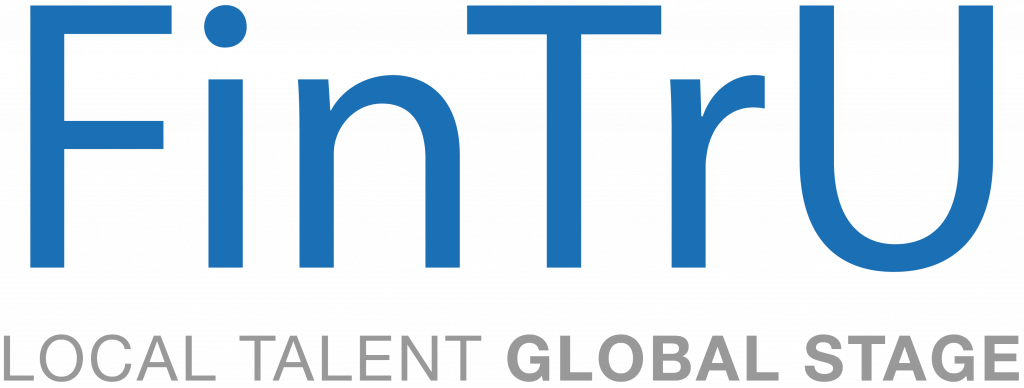History and Politics Graduate John Maguire is now North West Talent Partner at FinTrU. Here is how he got there…

Describe your career path to date.
I joined FinTrU through their Financial Services Academy in 2016. I worked on a number of client projects for 4 years, and now help manage our Financial Services Academy.
Why financial services?
The Financial Services sector is forever growing, changing, and providing new and exciting opportunities for people with all sorts of skillsets. It is incredibly varied, and there are so many opportunities for your own development.
What is your current role like?
I love having the ability to oversee the development of our new joiners who have come through our Financial Services Academies. It is great to watch all of them grow within their first few months and years in the business. The fact that I have been through the Academy myself means I can pass on some of the lessons that I have learned along the way, and I love being able to help people get kick-started in FinTrU!
What does an average week look like for you?
A lot of my role is very people focused. I am usually on a lot of interviews, catch-ups, training sessions, or attending external events with local universities and schools. Aside from that, I spend a lot of time with our new joiners in the business, helping them get started on their journey!
What is the most challenging part of the job?
The most challenging part of my job is that there are so many different types of stakeholders that I deal with on a daily basis, I always have to ensure that I am delivering any information in the right format and correct style for the target audience. I believe this is a key skill for anyone working with people in general: Know your audience!
What is the most rewarding?
The most rewarding part of my role is seeing our new joiners come into the business and see how quickly they develop their skills and forge their own unique path with us. Within a short space of time, it is amazing to see our Academy Graduates working with some of the biggest investment banks across the globe.
What are your career aspirations?
I would love to continue to work with people starting their careers and continue to help them along the way as they are starting out on their journey in Financial Services. I love being able to give back and help others learn from my own experiences.
In what way do you feel like you’re making a difference in your job?
I feel like as I have been through the same steps as all our new joiners, I feel like I can add some genuine experience and context to their journey and really help them overcome some of the same obstacles that I have faced when I was starting out on my own career.
What expectations did you have about this career path that you have found differed from reality?
I have learned that the Financial Services industry is a lot warmer, welcoming, and people focused than I ever thought it would be! Despite all the developments in technology, people are still a crucial asset to the industry.
What skills did you learn at Queen’s that have helped you in your career?
My History and Politics degree helped me to critically think, develop my own opinions, and really view specific events with the correct context.
What advice do you have for students and graduates wanting to move into this area?
Use the internet! You can find out so much information on companies/sectors/careers with a simple click. There are no excuses not to be well informed these days with all the technology at your fingertips.
How did your Queen’s experience help your personal and professional development?
My Queen’s experience was great. Living away from home taught me many key skills, as well as having to keep on top of deadlines, projects, and everything else that comes with being a student!
How did the people you met at Queen’s inspire you?
I met some incredible lecturers and tutors, who really helped spark my interest in several topics that I am still interested in today. Some of my lecturers really helped me start to think more critically about important matters – I believe this skill has stood by me throughout my career.
What’s the one thing you’ll never forget about your time at Queen’s?
Meeting lifelong friends, learning from some fantastically interesting people, and having the whole world at your feet!
Interested in working for FintrU? Don’t miss our Instagram Live on 9 June at 3pm on @QUBCareers Instagram when John will be answering all your questions. FintrU will also be talking about what it takes to be a Future Leader on @QUBCareers Instagram at 12pm on 18 June. Visit the Gradfest2021 site to find out more.


















